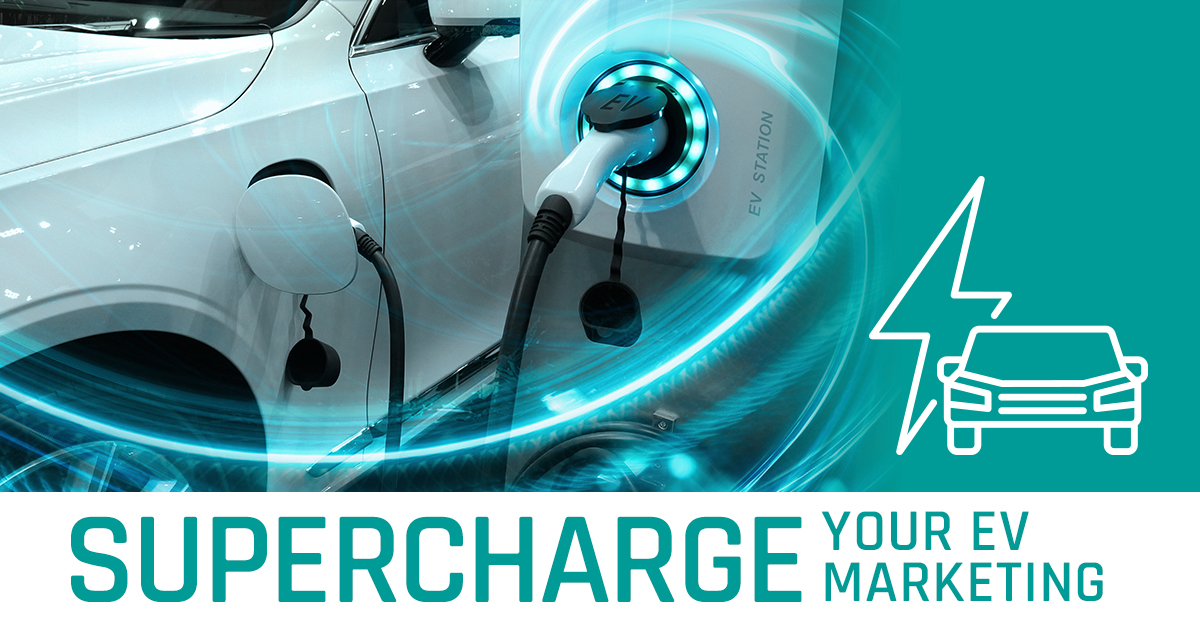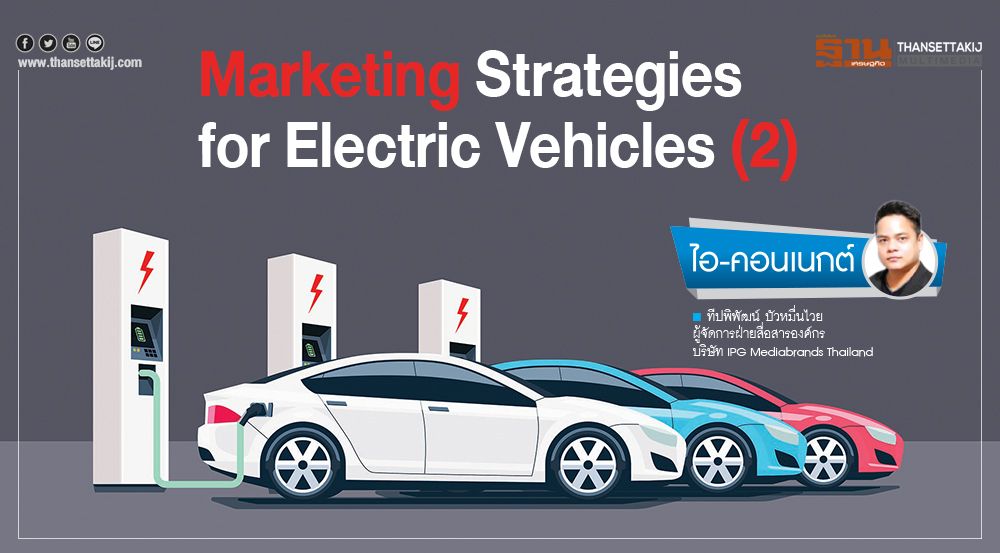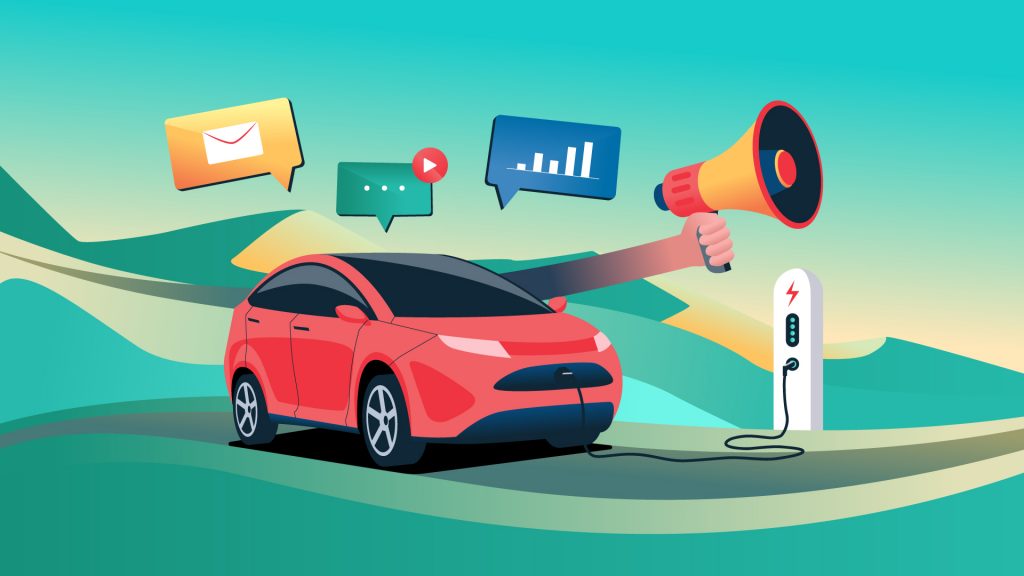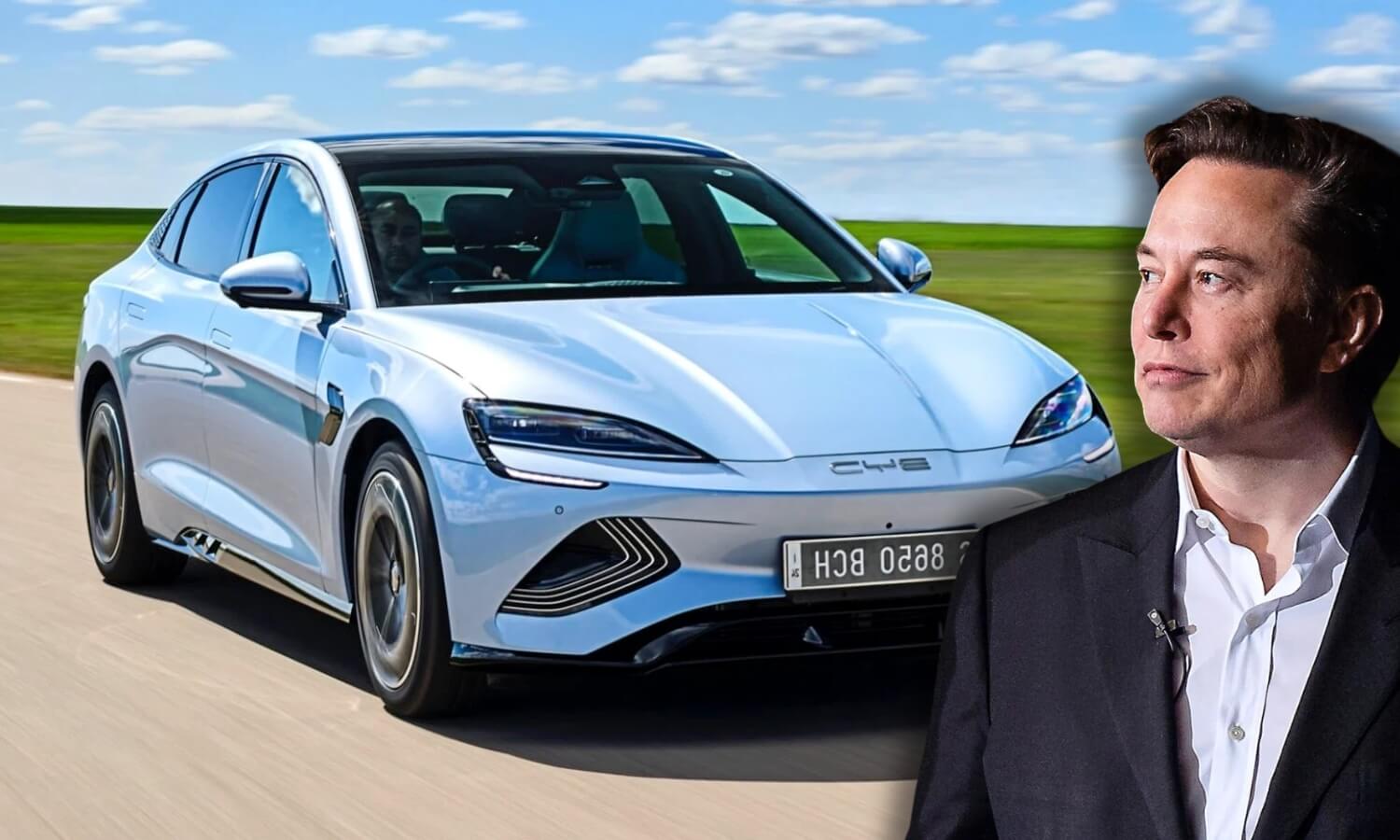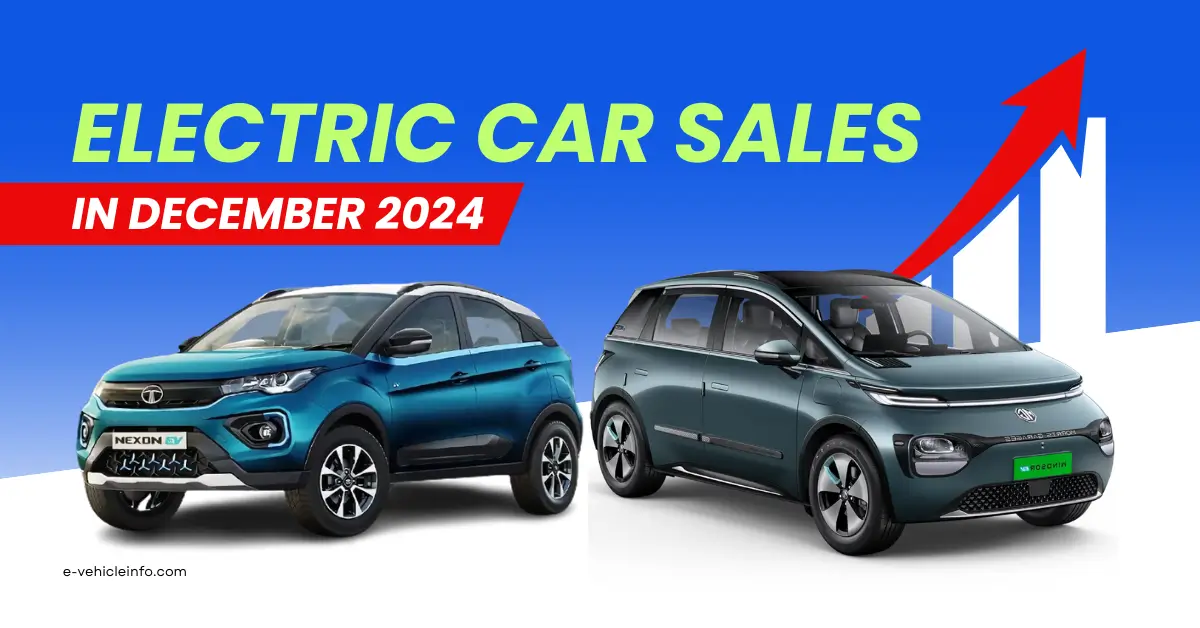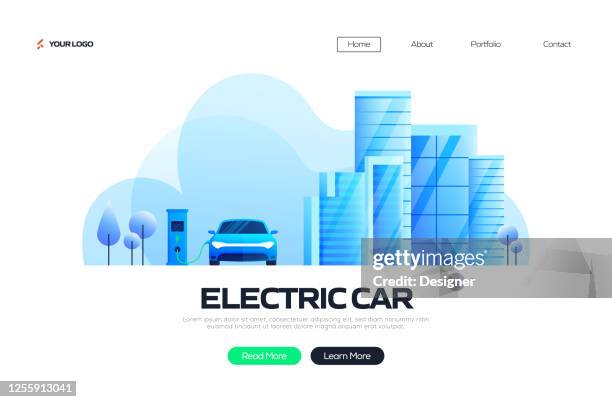The Marketing Director For An Electric Car Company
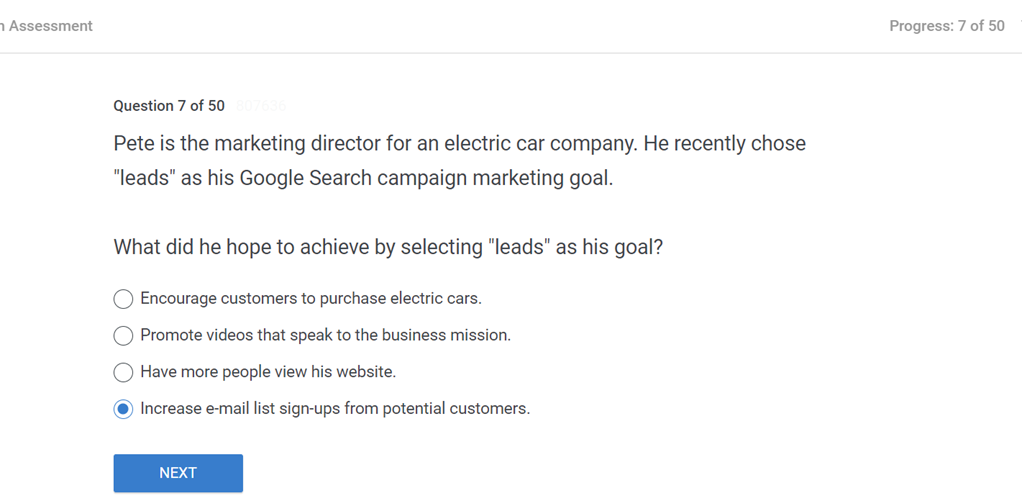
The electric vehicle (EV) market is a battlefield. Traditional automakers are scrambling to catch up. New startups are vying for dominance. At the heart of this high-stakes competition is the crucial role of the marketing director, tasked with capturing the hearts and wallets of increasingly discerning consumers.
This article delves into the multifaceted responsibilities of a marketing director at a leading EV company. We examine the challenges they face in a rapidly evolving landscape. We also consider their strategies for navigating market saturation, shifting consumer perceptions, and fierce competition. This includes attracting a diverse customer base in a sector still grappling with affordability and infrastructure limitations.
The Evolving Role of the EV Marketing Director
The role has evolved far beyond traditional advertising. It now encompasses a deep understanding of technology, sustainability, and consumer behavior. It requires a data-driven approach and agility to adapt to constant market shifts. According to a recent report by *BloombergNEF*, EV sales are projected to increase dramatically in the coming years, making the marketing director's role even more critical.
The EV marketing director is responsible for shaping brand perception. They must also drive demand. This is done in a market where consumer awareness and understanding of EVs are still developing.
Building Brand Awareness and Trust
Establishing a strong brand identity is paramount. It is crucial in a crowded market. This involves crafting compelling narratives that resonate with target audiences, emphasizing the benefits of EVs beyond just environmental concerns.
These narratives often focus on performance, technology, cost savings, and convenience. Trust is crucial, especially given lingering concerns about range anxiety and battery life.
The marketing director must work closely with engineering and product development teams to ensure that marketing messages align with actual vehicle performance. *Authenticity* is key. Greenwashing accusations can severely damage a brand's reputation.
Navigating the Digital Landscape
The internet has reshaped marketing. Digital channels are the primary battleground for reaching potential EV buyers. Social media, search engine optimization (SEO), and targeted online advertising are essential tools.
Data analytics plays a crucial role. It helps understand customer behavior and personalize marketing messages. The marketing director must oversee the creation of engaging content. This includes videos, articles, and interactive tools. This content educates consumers about EVs and highlights the brand's unique value proposition.
"The digital landscape offers unprecedented opportunities to reach potential customers," says Sarah Chen, a marketing consultant specializing in the EV industry. "But it also demands a sophisticated understanding of data and a constant willingness to experiment and adapt."
Addressing Consumer Concerns and Promoting Adoption
Range anxiety remains a significant barrier to EV adoption. So does the higher upfront cost compared to gasoline-powered vehicles.
Marketing campaigns often address these concerns head-on. They provide clear and accurate information about battery range, charging infrastructure, and long-term cost savings. Government incentives and tax credits also play a crucial role in making EVs more affordable.
The marketing director works to promote these incentives and highlight the total cost of ownership benefits. This includes reduced fuel and maintenance costs.
Collaborating with Partners and Influencers
Strategic partnerships are essential for expanding market reach. They also educate potential customers. Collaborating with charging network providers, energy companies, and sustainability organizations can enhance brand credibility.
Influencer marketing is also increasingly important. This involves partnering with individuals who have a strong following and can authentically promote the benefits of EVs. These influencers range from automotive experts to environmental activists.
Careful vetting and alignment with brand values are critical for successful influencer campaigns.
The Future of EV Marketing
The role of the EV marketing director will continue to evolve as the market matures. The focus will likely shift from simply raising awareness to building deeper relationships with customers and fostering brand loyalty.
Personalized experiences, data-driven insights, and a commitment to sustainability will be crucial for success. The rise of autonomous driving and connected car technologies will also present new marketing opportunities. This includes highlighting the convenience and safety features of EVs.
The marketing director will need to stay ahead of the curve. They must anticipate future trends. They must also embrace innovation. They must drive the EV revolution forward.
Challenges and Opportunities
One major challenge is competition. A growing number of EV models are entering the market. This is intensifying the fight for consumer attention.
Another challenge is the need to appeal to a broader range of customers. EVs have historically been popular among environmentally conscious early adopters. However, attracting mainstream consumers requires addressing their specific needs and concerns. This includes affordability, practicality, and convenience.
Despite these challenges, the EV market presents tremendous opportunities. *The International Energy Agency (IEA)* projects that EVs could account for a significant portion of global car sales in the coming decades. This growth potential makes the role of the marketing director all the more important.
The marketing director plays a pivotal role in shaping the future of transportation. They help to accelerate the transition to a cleaner and more sustainable world.
